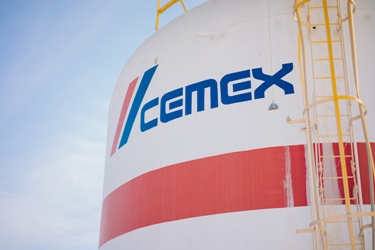CEMEX announced the acquisition of Broquers Ambiental (“Broquers”), a sustainable company that focuses on the separation, recovery, and treatment of urban solid waste generated in the city of Queretaro. This acquisition is part of CEMEX’s Future in Action program, aimed to achieve carbon neutrality.
“With this acquisition, at CEMEX, we are firmly committed to the circular economy by integrating our value chain to the production of more sustainable fuels that we use in cement production. Our objective for this year is to double Broquer’s capacity and thereby contribute to the progress towards sustainability in the city of Queretaro, as well as the transformation of Mexico towards a green economy,” said Ricardo Naya, President of CEMEX Mexico.
All waste processed at the Broquers plant will be used as a more sustainable fuel to power CEMEX’s operations in Mexico; CEMEX takes advantage of the energy generated from the processed waste to use in its plants. Thanks to this process, CO2 emissions into the atmosphere are reduced by replacing fossil fuels, one of the most significant contributors to global warming.
Last year, CEMEX harnessed the energy of more than 500,000 tons of waste to power its operations in Mexico, avoiding the emission of more than 730,000 tons of CO2 per year or the equivalent of planting 12 million trees.
Broquers expects to increase the current staff by 50 new employees this year to expand its processing capacity.
Broquers was the first plant of its kind in Mexico to have sophisticated waste separation equipment in line with European standards for waste treatment. This results in a fast, highly efficient, and safe industrial process that solves the challenge of Queretaro’s municipal waste in a local, sustainable, and environmentally friendly way.
Broquers will continue to operate ordinarily and comply, as before, with all the conditions stipulated in its concession title for the treatment of urban solid waste in the municipality of Queretaro. Also, the transaction did not represent any legal or financial impact for the city.
